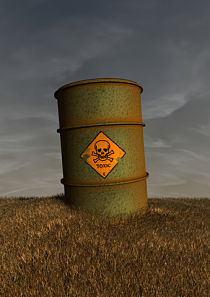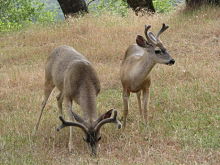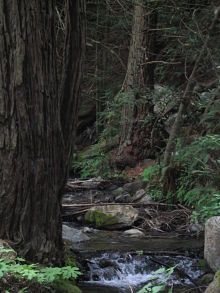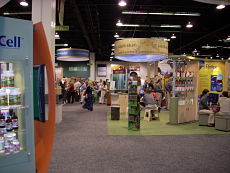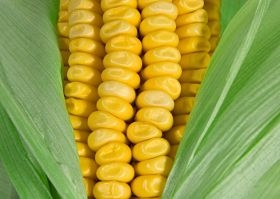Killer Reasons to Break Up with Your Grill This Summer
The start of warm summer breezes and promise of the Fourth of July inspire many to drag out their barbecue grill. Charcoal and lighter

Barbeques deliver a double dose of dangerous chemicals. These hazards get into your body through your lungs and your digestive tract.
fluid join the bestseller list. Outdoor cooking sets the stage for traditional get-togethers with family and friends.
This romance with barbecues has a dark side that few know about. After all, information about polycyclic aromatic hydrocarbons (PAH) is obscured by millions of dollars of ads and happy images for grilled meat.
As is the case for most toxic chemicals, the long-term health effects of PAH are poorly understood, so easy to ignore. Yet PAH is an insidious public health nightmare that can invade your own life and the next generation.
Truth in labeling would require an explicit warning on bags of charcoal and packs of meat and fish. “Eating grilled or smoked animal foods can cause DNA mutation, cancer, and lower intelligence in your children.” Wide knowledge of these dangers might inspire many to consider alternatives, or at least make informed decisions.
Polycyclic aromatic hydrocarbons are a product of incomplete combustion of materials that contain carbon. Burn tobacco, wood, oil, gasoline, coal, garbage – or meat and fish – and PAHs will form. Over 100 varieties of PAHs can menace our health and the environment.
A widespread nutrition myth touts that the major harm from (more…)
